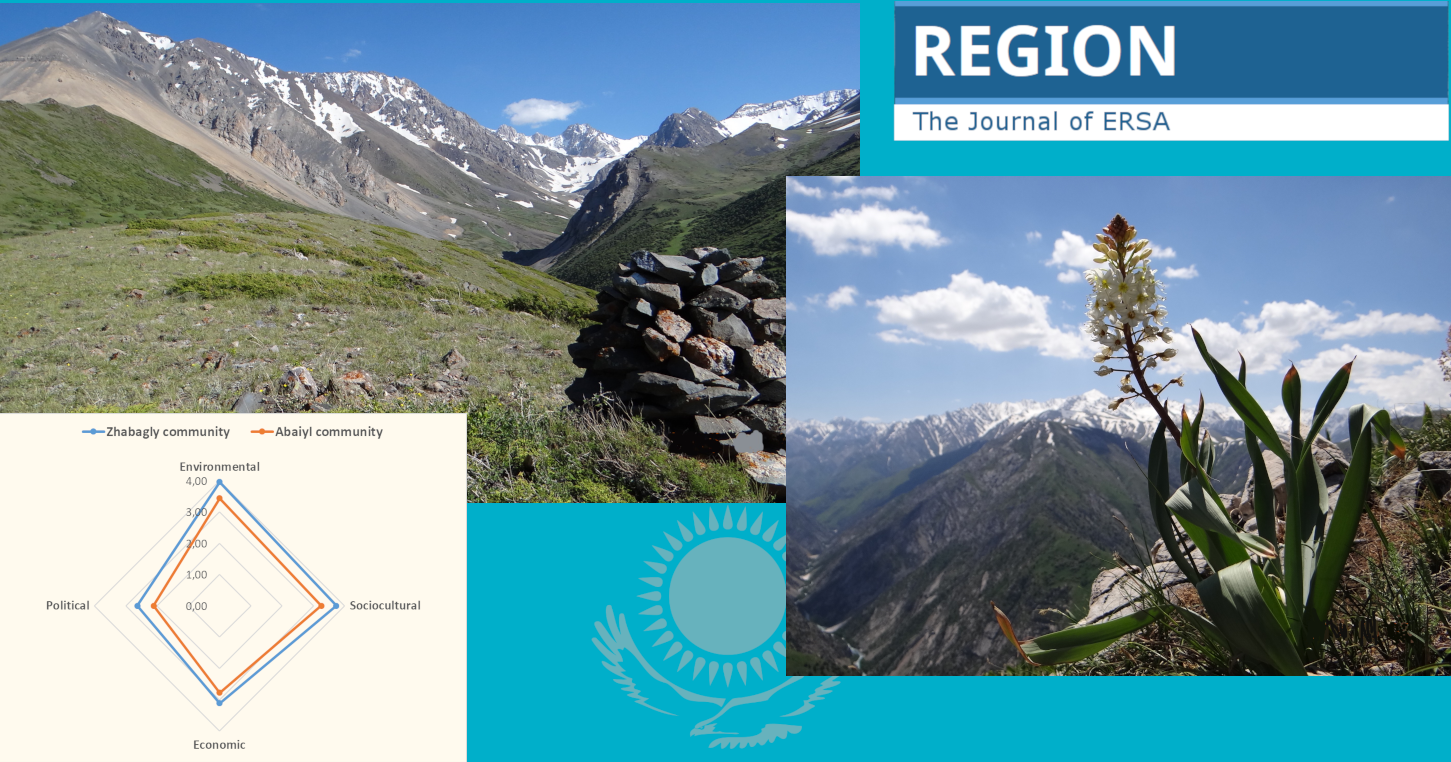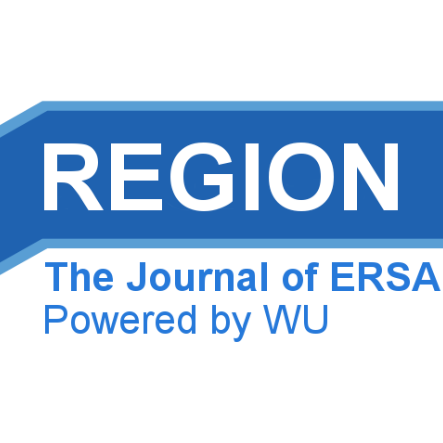Sustainability of the community-based ecotourism development in the Aksu-Zhabagly nature reserve, Kazakhstan
An evaluation through local residents' perception
DOI:
https://doi.org/10.18335/region.v9i1.335Abstract
The development of community-based ecotourism (CBE) has the potential to preserve biodiversity and protect the environment, as well as play an important role in the socio-cultural, economic and politically sustainable development of the community. This paper assesses the implementation of CBE development and compares the sustainability of ecotourism development between the Zhabagly community and the Abaiyl community. The data is obtained mainly through the household questionnaire survey, field observations, in-depth interviews and focus group discussions. 222 representative families were surveyed with 5-point Likert scale questions in this paper including 166 Zhabagly and 56 Abaiyl participants. The study used 18 indicators based on 4 dimensions: environmental, socio-cultural, economic and political. Results from this analysis indicate that the sustainability of CBE development in two communities is slightly different in all 4 dimensions. Zhabagly community is more successful in achieving sustainable CBE development than the Abaiyl community. The results reveal that the overall evaluation of the two communities on sustainability is moderate. However, both communities demonstrate that, potentially, they are politically unsustainable. As a result, we initially assert that the sustainability of CBE development in the Aksu-Zhabagly nature reserve (NR) is far from perfect. In particular, the positive economic and political impact of tourism development is not obvious. To address this shortcoming, tourism development organizations need to jointly develop a design policy for the sustainable development of CBE.

Downloads
Published
How to Cite
Issue
Section
License
Copyright (c) 2022 Imanaly Akbar, Sergeyeva Aigul Maksatovna, Myrzaliyeva Zabira Kazbekkyzy, Tazhekova Akmaral Zhaksybekkyzy, Saulembaev Altynbai Tagabayevich, Mominov Serik Abdukarimovich

This work is licensed under a Creative Commons Attribution-NonCommercial 4.0 International License.
REGION is an open journal, and uses the standard Creative Commons license: Copyright We want authors to retain the maximum control over their work consistent with the first goal. For this reason, authors who publish in REGION will release their articles under the Creative Commons Attribution license. This license allows anyone to copy and distribute the article provided that appropriate attribution is given to REGION and the authors. For details of the rights authors grant users of their work, see the "human-readable summary" of the license, with a link to the full license. (Note that "you" refers to a user, not an author, in the summary.) Upon submission, the authors agree that the following three items are true: 1) The manuscript named above: a) represents valid work and neither it nor any other that I have written with substantially similar content has been published before in any form except as a preprint, b) is not concurrently submitted to another publication, and c) does not infringe anyone’s copyright. The Author(s) holds ERSA, WU, REGION, and the Editors of REGION harmless against all copyright claims. d) I have, or a coauthor has, had sufficient access to the data to verify the manuscript’s scientific integrity. 2) If asked, I will provide or fully cooperate in providing the data on which the manuscript is based so the editors or their assignees can examine it (where possible) 3) For papers with more than one author, I as the submitter have the permission of the coauthors to submit this work, and all authors agree that the corresponding author will be the main correspondent with the editorial office, and review the edited manuscript and proof. If there is only one author, I will be the corresponding author and agree to handle these responsibilities.




